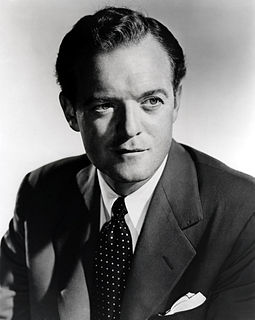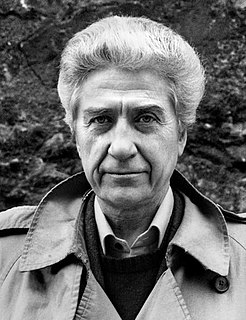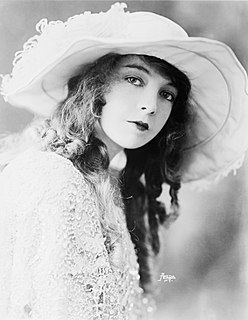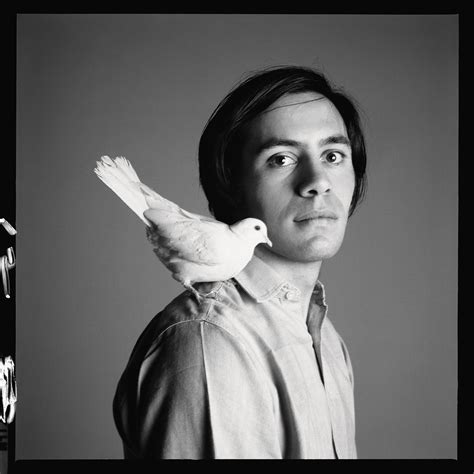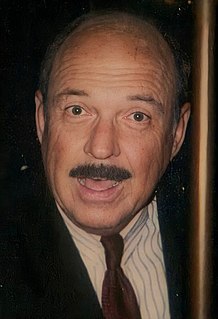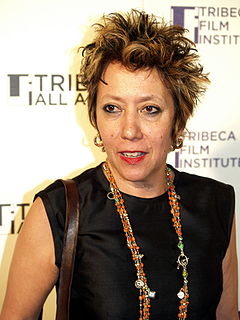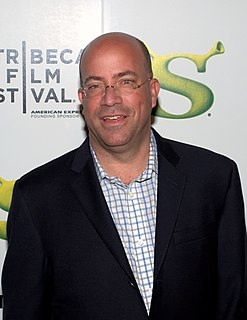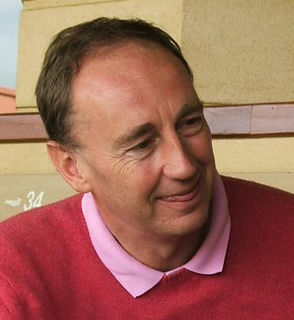A Quote by Van Heflin
I think television will do the same thing to radio that talkies did to silent movies.
Quote Topics
Related Quotes
I did television for a very long time, but if you're on television, words don't count. What the eye sees beats the words. If you switch sides, from radio to television, you learn that the wordiness that you learn on the radio is useless or not nearly as powerful, and you have to learn to trust that the eye will just beat the ear.
Bobby is the Aaron Rodgers of managers in professional wrestling - Rodgers works magic on the professional football field, but Bobby Heenan did the same thing in a wrestling ring, in a television studio, on a radio program, and he could do the same thing in a newspaper layout. He was a great communicator, and he knew how to generate heat with fans.
